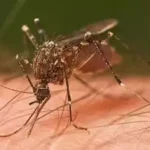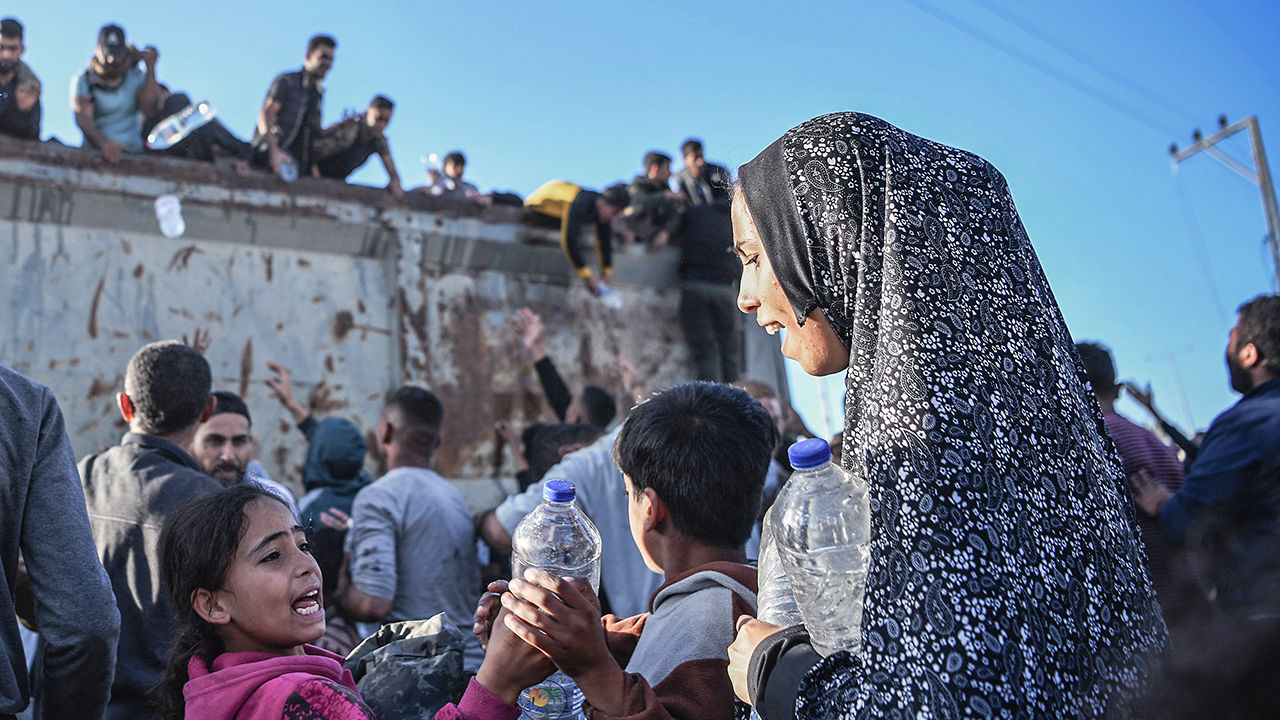Washington, DC – The UN organisations have expressed concern at the increasing dangers facing humanitarian assistance in Gaza as Israel proceeded with its military campaign in the Palestinian enclave. However, the situation continues to deteriorate, and the advocates have expressed concern about why the United States has not said anything on the issue since it is an ally of Israel and the most significant funding provider to the UN.
On Monday, a United Nations official said that the United Nations had to stop most of the humanitarian operations in the area due to the new wave of mass evacuation by Israel. Then, on Wednesday, the UN’s World Food Programme (WFP) said it had stopped taking its staff in Gaza for a week after one of its vehicles was shot at near an Israeli checkpoint even though it was marked as belonging to an aid agency.
Humanitarian advocates are now calling on the U. S. to act, especially when the humanitarian situation is becoming worse. More children are going hungry, and, shameful as it is to say, more children are suffering from poliomyelitis — a disease that is easily preventable through vaccination. “The U.S. government has become speechless and has not even bothered to issue its cliché meaningless statements on the UN’s decision to suspend aid operations to Gaza”, Raed Jarrar, an Advocacy Director at Democracy for the Arab World Now (DAWN), human rights organisation based in Washington DC.
Legal advisors disclose that hindrances in the delivery of humanitarian assistance / threatening humanitarian assistance personnel may amount to war crimes under the Geneva Convention. The UN has also expressed concern with the situation in Gaza, citing the undue suffering that civilians in the area have to endure. In May-July 2007, OCHA reported a high incidence of acute malnutrition among children in Gaza: in northern Gaza, it rose by 300 per cent, whereas in the south of the area, the rates doubled.
Before the UN planned large-scale polio vaccination campaign, Hassan el-Tayyab, the legislative director for Middle East policy at Friends Committee on National Legislation, said that a failed state’s inability to provide for its people means that the health situation could worsen. “A 10-month-old baby in Gaza is now paralysed in one leg — the first case of polio in Gaza in the last 25 years. This is a massive threat,” el-Tayyab told Al Jazeera. He stressed that the ‘shrinking’ patients are incapable of the vaccine, therefore focusing on the necessity to provide adequate amounts of food for people affected by the disease.
On Wednesday, the WFP reported that one of its vehicles was fired upon by Israeli gunfire ten times in Gaza while on a “fully coordinated” mission. The two staff members inside were unharmed since the car used had bullet-proof glass. However, the agency said it had stopped staff movement until further notice.
The very day before, a UN under-secretary for safety and security, Gilles Michaud, slammed Israel for being reckless in giving danger alerts to humanitarian personnel before attacks. He pointed out that Israel’s military informed the UN team for less than 48 hours that more than 200 UN staff had been evacuated from a significant humanitarian operations base in Deir Al Balah. Forcing mass evacuation orders, Michaud said that the recent events were part of the other unbearable threats that make working in UN and other humanitarian organisations.
The recent polio outbreak in Gaza urged the UN to pose for a seven-day ceasefire to help transfer humanitarian help and reach humanitarian workers. El-Tayyab, like other advocates, thinks that the Biden administration in the USA could become instrumental in ending this war by demanding a ceasefire. “Pressure from the diplomacy is significant,” el-Tayyab said. “Biden should use his influence to support the seven-day polio pause. ”
On Tuesday, US Senator Chris Van Hollen also joined the UN in calling for a temporary ceasefire so that hundreds of thousands of children in Gaza can be vaccinated. He encouraged President Biden to join the call, stressing the need to put a stop to polio transmission, according to the CDC.
While the Biden administration has stated that it would assist and cooperate over efforts to fight polio in Gaza alongside Israel, regarding vaccine delivery, for example, some people argue that this is not enough. Despite all the pressures and criticisms, the United States has remained firm in providing military support to Israel, with the latest $20 billion arms deal being made this month. Annelle Sheline, a new analyst at the Quincy Institute for Responsible Statecraft, quit the U.S. State Department in opposition to the administration’s stance on the Gaza conflict.
“The Continuing silence of the administration on the Israeli role in denying aid…to the Palestinians is equally worrying”, Sheline said, adding that this seems to be a ‘redoubling’ of support for Israel despite the consequences of such practices to the humanitarian situation.















